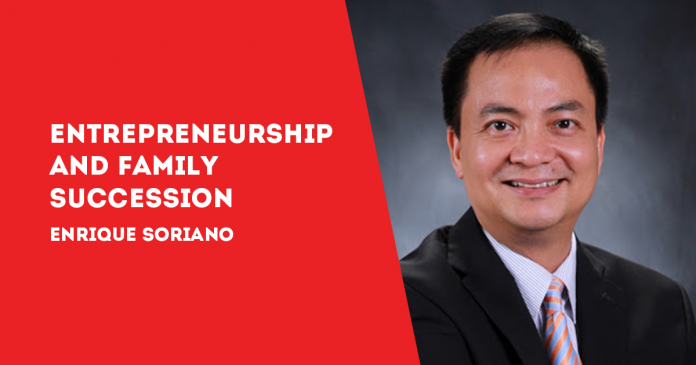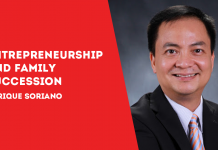
BY PROF. ENRIQUE SORIANO
THIS is one story where entitlement reared its ugly head, and until now, Thailand is no closer to resolving one of its most talked about notorious hit-and-run cases.
The culture of entitled behavior has created so much divisiveness between the “haves” and the “have nots” in Thai society that one newspaper branded it “Bangkok’s deadly rich kids.”
Ten years and a little more than two months have passed since the fateful night of September 3, 2012, when a black Ferrari speeding at over 100 miles per hour slammed into a motorcycle cop on Sukhumvit Road in Bangkok, hurling the officer to the ground, dragging his badly mangled body more than a hundred meters and refusing to stop as he sped away.
Within hours of the crash, investigators followed a trail of brake fluid into the gated estate of one of Thailand’s wealthiest families, that of the Yoovidhya family. Upon entering the mansion, they found a damaged vehicle with a smashed windscreen. Vorayuth “Boss” Yoovidhya, then 27, was accused of plowing his sports car into police officer Wichean Glanprasert’s motorbike.
Investigators discovered that he had been intoxicated at the time of the crash, and Boss, as he is fondly called by friends belonging to Thailand’s elite, admitted to hitting the officer.
But within weeks of the accident, The Associated Press found that the Boss “was back to enjoying his family’s jet-set life, largely associated with the Red Bull brand, an energy drink company co-founded by his grandfather. He flies around the world on private Red Bull jets, cheers their Formula One racing team from Red Bull’s VIP seats and keeps a black Porsche Carrera in London with custom license plates: B055 RBR. Boss Red Bull Racing.”
Multiple charges were filed against him, including speeding, reckless driving causing death to another person, and fleeing the scene of an accident without helping the victim. Most of the charges were eventually dropped due mainly to the expiration of the statute of limitations or lack of sufficient evidence. The cases stalled for years as he repeatedly missed or postponed court hearings. During the times when he was called in on charges, he never showed up, but his attorney claimed that he was not well or out of the country on official business.
This third-generation scion is part of the Yoovidhya clan with an estimated net worth of US$26.4 billion, making the group Thailand’s second most affluent family next to the Chearavanont family of the CP group, another family conglomerate.
The delay in dispensing justice by the government created a public outcry over this kid-glove treatment. I remember seeing these rallies when I would visit Bangkok for meetings and lectures with the giant CP group. It came at a particularly tense period for the government, coinciding with near-daily protests across Thailand. Some called for a boycott of Red Bull products, and protesters carried cardboard cut-outs of Red Bull’s logo to symbolize their anger.
At the height of the scandal, several family governance forums where I was a resource speaker would always include questions from founders and leaders on how to manage their entitled children. And my response boils down to good parenting, shared values, and, critically, the important entry and exit rules to be enforced on these next-generation family members. Parents/Owners/Operators must be firm and should play the part of business owners rather than parents. Mixing the two hats in a business environment is a recipe for having entitled children.
The infamous case is viewed as an example of how Thailand’s elite, mostly entitled next-generation children of business owners, can evade the criminal justice system. “He is powerful, has many connections and a lot of money,” Pornanand Glanprasert, the victim’s older brother, reportedly said in a 2013 interview. “If you are common people like us, I think the case is already finished. He is going to try very hard not to be charged — or at the very least to get a suspended sentence or no punishment at all.”/PN

